Bexhet Nelku
(June 6, 1937 – November 21, 1970)
Actor of the Albanian Theater and Cinematography. Meteor of the Albanian scene.
Only a few artistic years but more roles. Nelku was born in Tirana on June 6, 1937. Actors such as Bexhet Nelku have remained an enigma, a story left in silence. He was an artist who came from the Russian school. Going straight to the sources, directly using the materials of Stanislavski’s method gave him the advantage of knowing two dimensions of acting and not falling into the misunderstandings that the Russian method had suffered in the Albanian school and theater.
Bexhet Nelku, although an actor with a short artistic career on the stage and on the Albanian screen, nevertheless for a few years he performed many parts during the period 1963 – 1970, mostly in the theater and some roles in films.
The Nelku family from Lejçani of Golloborda had come to Tirana because the father of five children, Ramadani, was a construction master, a chimney builder. Bexhet was one of the boys. Their small house was located very close to the “Teatri Popullor” (only a wall separated them). While doing various jobs to help the family, Bexhet became active in an amateur theater group.
In 1955, he entered the Artistic High School in the Drama department. In 1959, the high school for actors “Aleksandër Moisiu” was opened for the first time near the “Teatri Popullor”, where he studied there (1959-1963). In fact, he stood out as a student as an actor with versatile data, an actor who could play comedy and tragedy, who embodied the roles of protagonist characters and heroines.
He quickly became known with the roles of Zeneli in the AZ Cajupi`s comedy, “After death” in 1962. When he was still a student at the “Jordan Misja” Artistic High School, he gave his first test with an episodic role in the well-known drama “Kremlin Hours”, while he just featured in the tragedy “Hamlet”. The director Pandi Stillu has noticed and activates the boy. Thus, while still a student, he debuted on stage with Ibsen’s “Doll’s House” (1963), in the role of lawyer Kronshtadt. Then he continues with the role of Benedikt in Shakespeare’s “Much ado about nothing” (1963), where he defends his diploma.
In September 1963, he enters the stage of “Teatri Popullor” at the time when this theater has the constellation of actors such as Mihal Popi, Naim Frashëri, Kadri Roshi. Nelku performs in episodic and protagonist roles such as in “King Lear”, “Fiery Land”, “Maiden of Mountains, “The Second Face” alongside Kadri Roshi and Viktor Gjoka and “After Death” by Çajupi.
He performed the Priest in “Maiden of Mountains” the night before the premiere, a role that has been preserved in the TVSH archives in the interpretation of Prokop Mima. During this time, he also met his wife Semiha Nelku, who he will call by the nickname “Sphinx”, 20 parts are his interpretations, which means that he has about three roles a year!!
For as long as he lived, the 33-year-old is remembered for having brought his own contribution in seven years, at a time when the “theater of screams” was a standard of beauty. Nelku was an actor who stood out from the stage actors, perhaps the best among actors in this capacity. Nelku was a master of the artistic word, a rational user of technical tools with a distorted plastic and expressive eye. Among his other most successful roles, we can mention Muhamet in Dritero Agolli’s “The Second Face” (1968), where he showed his selfish, ambitious and boastful nature thanks to a slightly ironic attitude. “Friends”; “Great impassable wall”; “Three gunshots”, Nuredin in the grotesque comedy “The Irreplaceable” by Qamil Buxheli, or in “20 days” by Fadil Pacrami in the role of an SS officer in 1969, where his explosive temperament, concentration and high rhythm with a masterful construction of the action diagram with the word.
And in 1969, he stands out again in the role of the “normist” in F. Pacram’s drama “Incident in the factory” reimagining the original character of a servile man, who loses his dignity by becoming a tool of the “boss”.
In the mid-60s, Bexhet Nelku was a teacher of stage speaking at the High Institute of Arts (1968-1970). He applied the technical side of expressive means in stage speaking, an abundant breath, a voice that vibrated in all shades, in the beauty and melody of the Albanian language. For this, he translated and studied Stanislavski’s materials from Russian on the basics of stage speaking, and especially paid attention to morning training, doing systematic work with breathing, speech apparatus, vocals.
Bexhet did not abuse emotion, sensitivity. As a psychological actor he gave importance to thought. In the “Tirana” cafe, somewhere near the Circus, he dissected his roles. From reading, he got to know poetry, dramaturgy, world authors, he liked philosophy and foreign languages a lot. Albania was a small country, maybe he thought so. One brother escaped, Hamit Nelku, was sentenced in 1965 to ten years in prison.
In the cinema, he is better known by the spectators through the 4 films that he interprets: An episodic role in the movie “Special Task” during his studies. The same director, K. Dhamo, engages him for the role of Alex Nushi in the film “The First Years”. For the role of teacher Thoma in “Bronze Bust” by Viktor Gjika, where he competed in the audition with the other actor Vangjush Furxhi. To the German officer in the episode “Bridge”, from the first Albanian triptych, “When it dawned on a day”, it is his last film.
The death of Bexhet Nelku happened quickly. In three weeks. Piro Mani would have wanted him to play Gjivola in “Arturo Ui”, but the premiere did not find Bexhet alive. The role was played by his friend, Prokop Mima.
On one of the last days, the third week in November 1970, in hospital no. 2 in Tirana Bexhet Nelku, leaning on the window railing looking beyond a child unloading coal for the hospital, said: “I wanted to be like that child”. He once mentioned that “there is a God, but we don’t want to believe it”.
Then, in the last hours, the wife remembers that from the bed, she raised her hands and prayed: Oh God! On November 21, 1970, he passed away.
People spread word that Bexhet Nelku put two books from his library and a loved one in the coffin under his head.
Published for the first time on Facebook in November 2013 and revised in subsequent years.
_______________________
Albanian Cinematography in activity since 2013
Reference: Information and news from Albanian online portals; “Portraits of artists” Gjini, Miho – 2002 / p. 29-42; Directors, Academy of Sciences, Arts Study Center in Tirana (2003), p. 235; “Encyclopedia of Albanian Theater and Cinematography” – Toena 2009 / Papagjoni J. / p. 325-326; “60 years of the National Theater 1954-2005 – “Publishing House 55 – Slatina.F / p. 69;
Follow us: Blog: https://albaniancinematography.blogspot.com/ Vimeo: Albanian Cinematography (vimeo.com) Facebook: https://www.facebook.com/ksh.faqjazyrtare Dailymotion: https://www.dailymotion.com/kinetografiashqiptareartisporti YouTube: https://www.youtube.com/channel/UCDRYQ5xCyGkfELm3mX8Rhtw
Discover more from Albanian Cinematography - Sport
Subscribe to get the latest posts sent to your email.

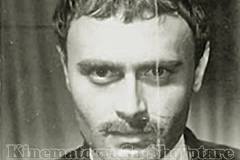
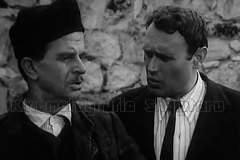
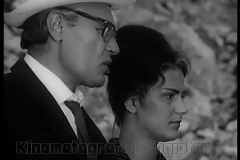
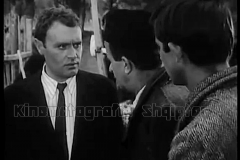
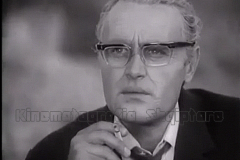
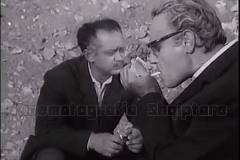
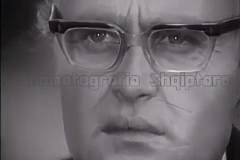
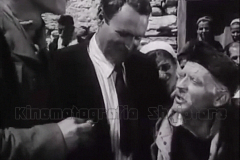
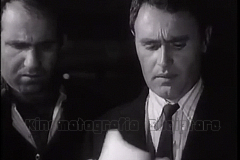
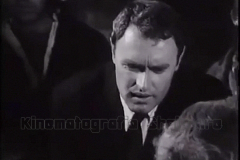
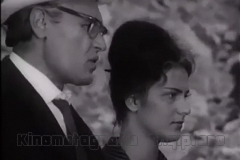
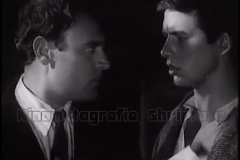
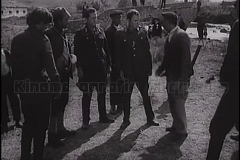
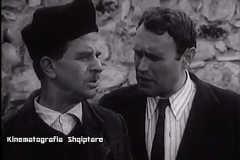
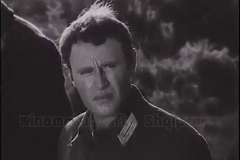
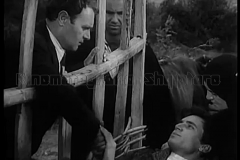
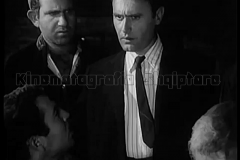
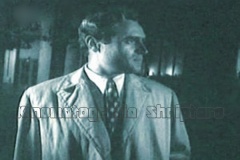
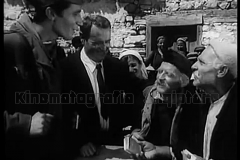
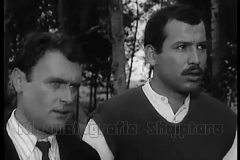
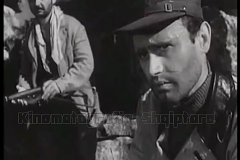
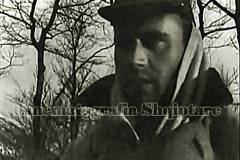
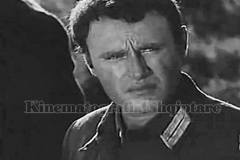
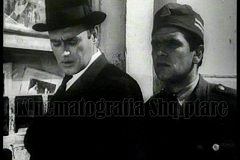
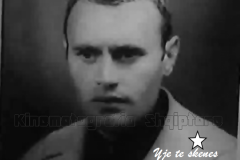

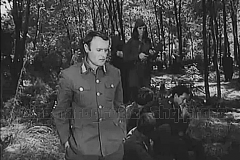
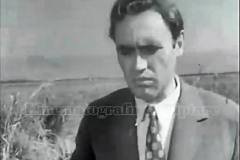
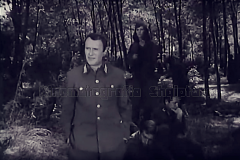
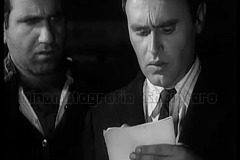



Pershendetje, une quhem Raimonda Sallaku Nelku,
se pari ju pergezoj per punen e bere. Se dyti duke qene se jam nga te paret njerez qe kam kontribuar me nje monografi per Bexhet Nelkun , (diploma ime si studente e drames ne Insitutine Larte te Arteve ne vitin 1988, prej nga buron edhe pjesa me e madhe e informacionit qe qarkullon per Bexhet Nelkun , do te deshiroja ta rishikonim edhe nje here kete faqe.
Ju faleminderit.
Pershendetje zj. Raimonda!
Faleminderit per komentin.
Natyrisht qe jemi te hapur dhe mirepresim cdo informacion plotesues qe do na e servirni per te miren e punes dhe mbarevajtjes se ketij sajti.
Na kontaktoni ju lutem ne privat ne faqen Facebook “Kinematografia Shqiptare” dhe na dergoni po aty informacionin qe mendoni duhet rishikuar.
Ju mirepresim!